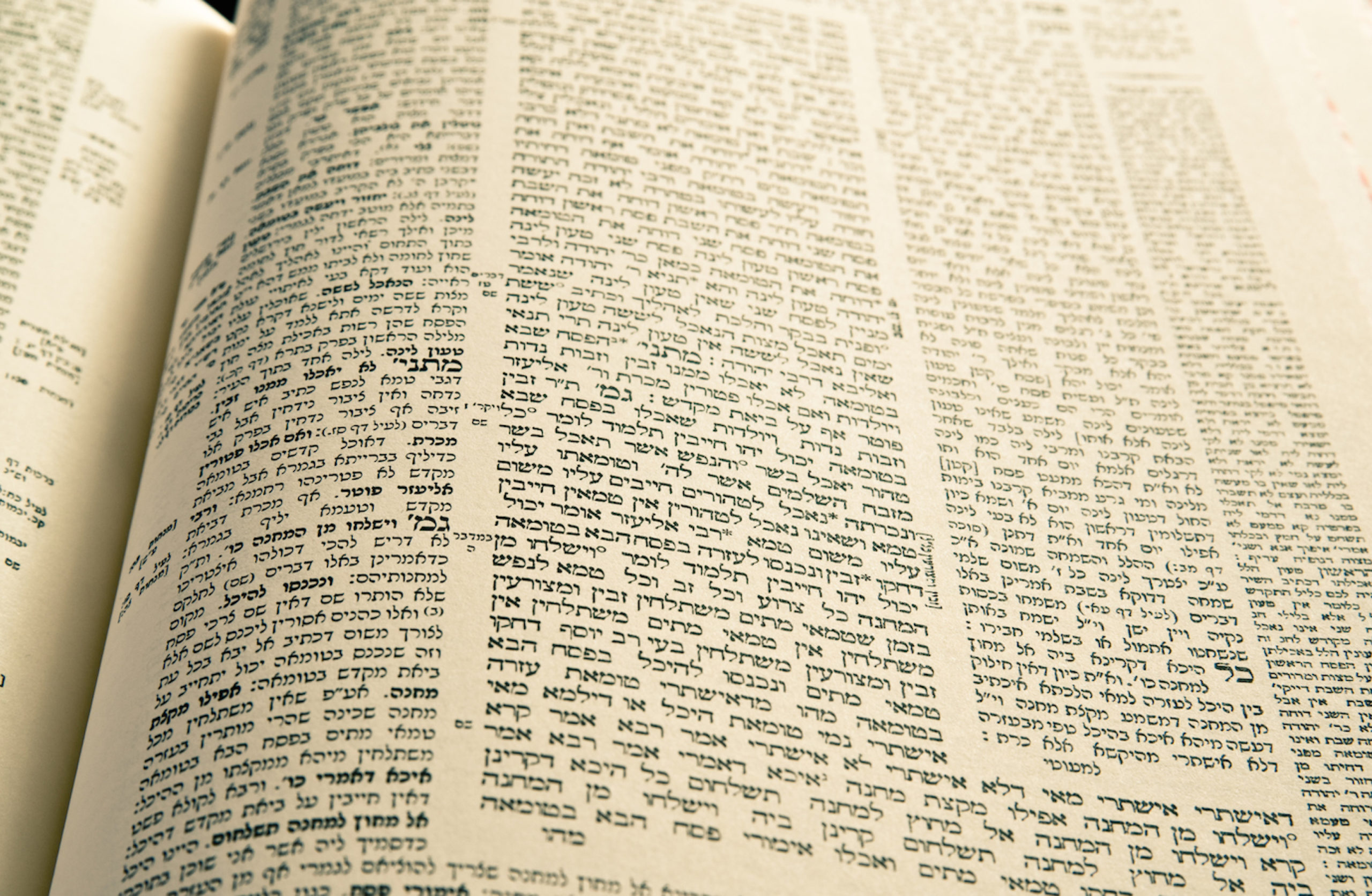

Talmud Class 5782 (2021-22)
Punishments In Search of Crimes, Souls in Search of Expiation, and Society in Search of Justice: Tractate Makkot
Wednesdays, 7:30 pm
Join by Zoom
The chapters of Tractate Makkot deal with laws of the Jewish beit din and the punishments they may administer. The Talmudic discourse moves us into concerns about false witnesses and laws about manslaughters versus murderers. Amid passages about offenses and their consequences we find theological and sociological reflections about crime, criminals and criminality. As policy for Jewish courts is derived, our Sages discuss the place of retribution, rehabilitation and restorative justice. Which offenses are minor breaches? Which more serious infractions? And do more lashes mean more expiation of guilt? Does receiving lashes somehow reverse the severe punishment of excommunication? While the Torah outlawed self-flagellation, Hanina ben Gamliel said, “If by the commission of a sin one forfeits his soul before God, so much the more reason is there for belief that, by a meritorious deed, such as voluntary submission to punishment, his soul is saved.” The possibilities that Talmudic literature raises sometimes lead to particular laws and other times stand as thought exercises to explore important concepts or concerns. Makkot is about crime and punishment, and Makkot is about human nature, sin and pursuing justice.